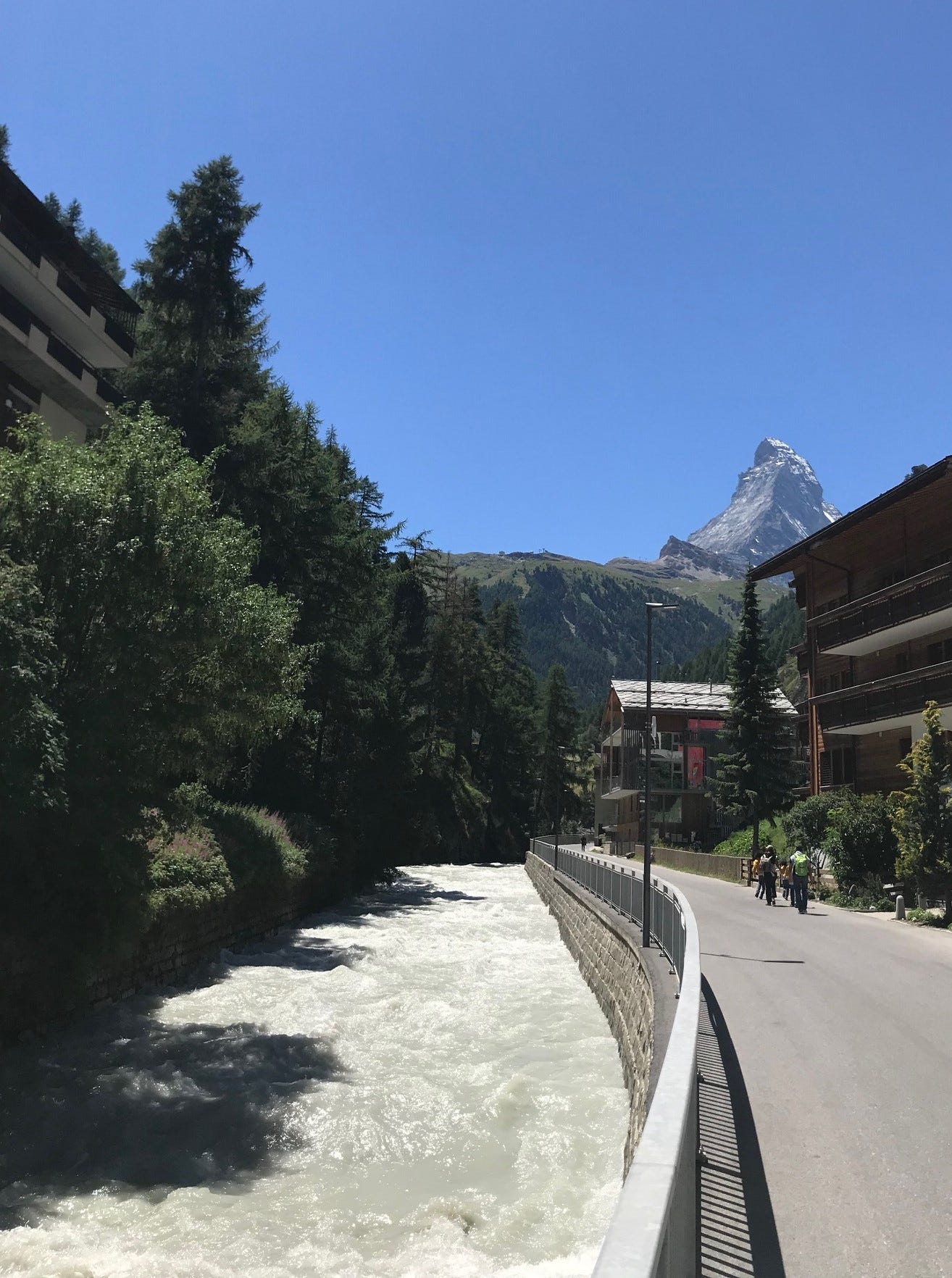Constant Revision
We vacationed in Italy last week and had the good fortune to take in The Last Supper in Milan. You can only visit the mural — 30 people for 15 minutes at a time behind a set of secure doors — because, as World War II closed in, local officials built scaffolds and sandbagged the wall that it was painted on. Bombs hit in August of 1943. The roof caved in. The building next door was destroyed entirely.
In that moment, in that place, in that action, it’s pretty easy to argue that the bad guys and the good guys are inverted. The bombs were the Allies’. The officials saving the 450-year-old icon were fascist. The Italy campaign wouldn’t end until a month or two later. Mussolini would be deposed, and the country would change sides.
Consider the previous centuries of work to save the painting, too. The wall it was painted on was full of moisture. The humidity in Milan is terrible. The paint started flaking away immediately. Within 60 years, people were calling The Last Supper unrecognizable. Monks cut a door in the bottom of it at one point. It’s been abused and restored over and over again. It’s debatable whether a brushstroke by da Vinci remains. It’s a Ship of Theseus, a bicycle that’s had all of its parts replaced.
History is a barrage of constant revisions, made by complicated people. Travel reminds us not to oversimplify that.
Internal Catastrophe, International Disaster
Here’s a clear-eyed assessment of President Joe Biden’s response to Putin, how it is interrelated with his response to Donald Trump, and how one seems to be going better than the other.
“America’s ongoing internal political crisis is the single most destabilizing factor in the world today. And Biden knows it. All the weapons shipments to Ukraine, all the tough talk about Putin and about America as the guarantor of international stability — these will mean nothing if American democracy falters. And falter it will if Trump returns to power,” Susan Glasser writes. Read more.
What Else Do You Really Need to Know?
An excellent long-read on Peter Thiel’s politics from John Ganz. Most helpful to me, the essay does a great job illustrating the ways in which fascism’s incoherence is not a bug but a feature. It doesn’t have to make sense; it just has to crush everything that gets in its way in order to extend its power.
Mussolini makes his second appearance in this week’s newsletter when Ganz says, “Mussolini’s party began with avant-garde futurists and radical syndicalists in the cities, but within a couple years attracted the most conservative sections of the bourgeoisie in the countryside…so, you had conservative-fascism, nationalist-fascism, technocratic-fascism, syndicalist-fascism, Catholic-fascism etc. Not all fascists ticked every box: some were more interested in the idea of squads of thugs beating up socialists, some more in the idea of labor integration with industry, some more in a technocratic program of revitalizing national infrastructure. These tendencies and factions viewed each other as rivals for the overall direction of the fascist ideal. But each saw in the fascist movement and state the possibility of realizing their own program. This was made possible because of the excessively abstract terms of fascist pronouncements and the tactical flexibility and mercurial nature of fascist leaders. The focus was put on being opposed to common enemies like liberalism and Marxism while at the same time ‘restoring national greatness.’ Everybody had their own idea about what that looked like. But all would gladly replace tiresome and frustrating…democratic political contestation…
Peter Thiel believes he belongs to an elite group, often understood in implicitly or explicitly racial terms, that is entitled to set aside democratic governance in favor of pursuing a program of technological progress and national restoration. He believes the political means to accomplish this is through a charismatic leader with manipulative, populist appeals to past national glory and against parasitic immigrants and culturally decadent liberalism…He’s realized, more clearly than his opponents often, that there’s ultimately a contradiction between the rule of capital and democracy, and the way to deal with this contradiction, as far as he’s concerned, is to do away with democracy.
What else do you really need to know?” Read more.









